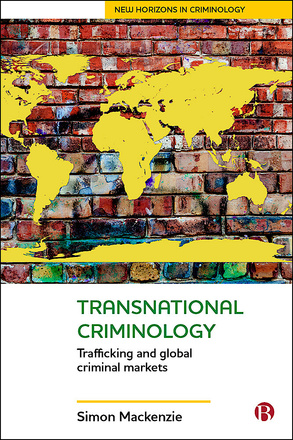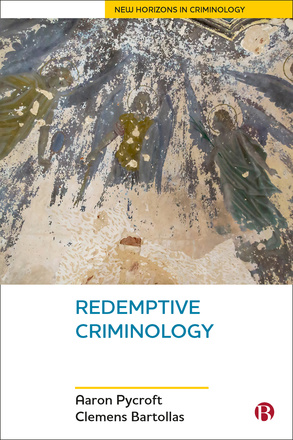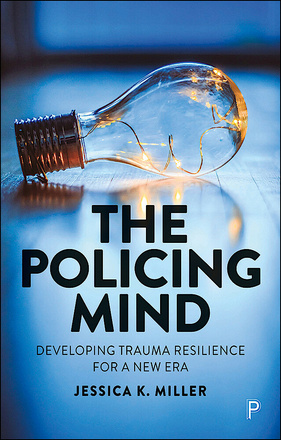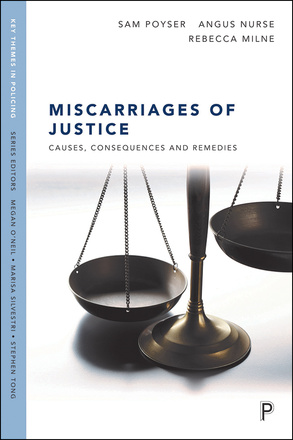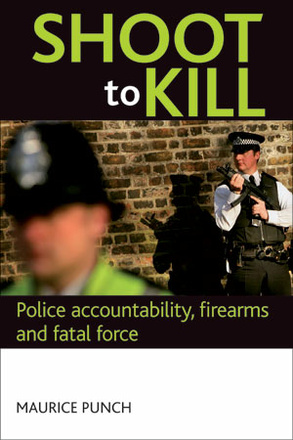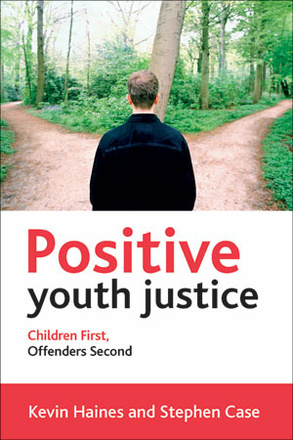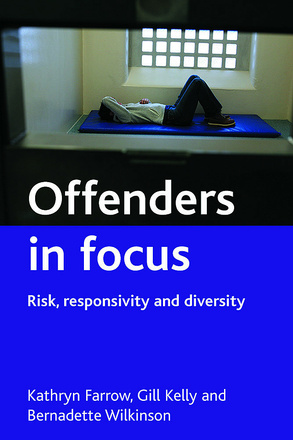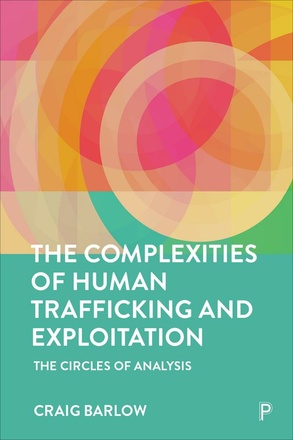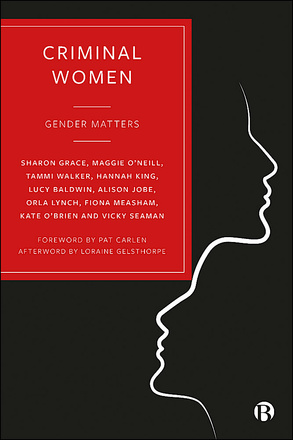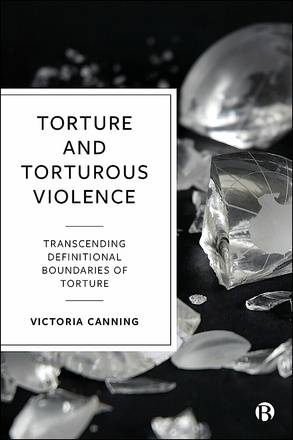Crime & criminology
Transnational Criminology
Trafficking and Global Criminal Markets
This pioneering study looks across key trafficking crimes to develop a social theory of transnational criminal markets. Looking at how traffickers think of their illegal enterprises as ‘just business’, it draws broader lessons for the ways forward in understanding criminality in this emerging field.
Redemptive Criminology
Challenging concepts and practices of rehabilitation, this text draws on criminology, philosophy and theology to develop a theory of ‘redemptive criminology’ that could revolutionise the rehabilitation system. It offers new insights into punishment and retribution and explores the connections between victims, perpetrators and the community.
The Policing Mind
Developing Trauma Resilience for a New Era
How does it feel to be a police officer? Jessica Miller uses the most recent neuroscience and real-life examples to explore risks to individual resilience. A compulsory read for anyone with an interest in policing, the book offers practical resilience techniques and policy recommendations for police officers facing crime in a post-COVID world.
Miscarriages of Justice
Causes, Consequences and Remedies
It is crucial for criminal justice practitioners to understand miscarriages of justice. This text provides an up-to-date and comprehensive analysis of miscarriages of justice, highlighting difficulties in defining them, examining their dimensions, forms, scale and impact and exploring key cases and their causes.
Shoot to kill
Police accountability, firearms and fatal force
This book provides a fresh, accessible and much-needed overview of a neglected and widely misunderstood area for students, academics, police and criminal justice officials, policy makers, politicians and for members of the public concerned about police use of fatal force.
Positive Youth Justice
Children First, Offenders Second
This topical book outlines a model of positive youth justice: Children First, Offenders Second (CFOS), which promotes child-friendly, diversionary, inclusionary, engaging, promotional practice and legitimate partnership between children and adults to serve as a blueprint for other local authorities and countries.
Offenders in focus
Risk, responsivity and diversity
Drawing on research integrated with practitioner experience, this book creates fresh 'practice wisdom' for engaging effectively with offenders. Recognising that there are no instant solutions to changing offending behaviour, it provides a practice text encouraging a sense of confidence, enhancing readers' skill when working with offenders.
Assessment in youth justice
This book provides a comprehensive introduction to the theory and practice of assessment and intervention planning with young people who offend .
Where next for criminal justice?
'Where next for criminal justice?' considers the criminal justice policies which should be adopted, how they should be formed, and the principles and values which should be used.
The Complexities of Human Trafficking
A New Systemic Model to Protect Victims, Disrupt and Prosecute Traffickers
Written by an experienced practitioner, this book offers a unique model to assist professionals and researchers working to prosecute and prevent trafficking and modern slavery.
Criminal Women
Gender Matters
Bringing together cutting-edge feminist research, this collection uses participatory, inclusive and narrative methodologies to highlight the lived experiences of women involved with the criminal justice system.
Torture and Torturous Violence
Transcending Definitions of Torture
With growing acknowledgement that torture is too narrowly defined in law, this book offers a nuanced reflection on the definition of torturous violence and its implications for survivors. Drawing on a decade of research with psychologists and women seeking asylum, Canning sets out the implications of social silencing of torture.







